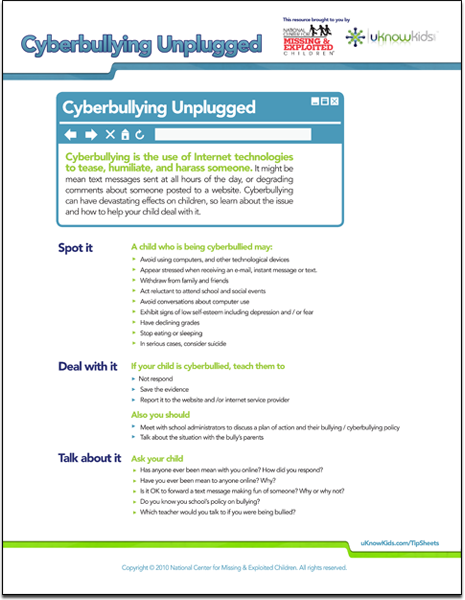Aside from modeling good behavior by never using your own phone while driving, or having frequent conversations with your kids about the dangers of texting and driving, you can also use a mobile app like iZup to curb the temptation for your teen to text and drive and keep your kids safe.
The name iZup literally means “eyes up,” meaning that it keeps your teens from looking down at their phones when their focus needs to be on the road. iZup is compatible with Blackberry and Android, and it works using the phone's GPS.
Once the phone reaches 5 MPH (or another speed you select when you set up your account,) the app will automatically hold all incoming texts and calls. No outgoing texts or calls can be made, either, except for 911 or other numbers you authorize when you set up your account. It's a great app to enable parental controls in the car and help keep your kids safer
Currently, iZup is available for a subscription of $2.95 per month or $19.95 per year. You can put iZup on up to 5 phones with a family monthly subscription of $5.95 per month ($59.95 per year.)



 It may not happen until your child is 16, or it could happen as early as 6 – sooner or later, he is going to ask you for a cell phone. And when your child does, how are you going to answer? Your child's safety is a big deal, especially on a mobile phone, and you might want to consider parental monitoring or parental controls.
It may not happen until your child is 16, or it could happen as early as 6 – sooner or later, he is going to ask you for a cell phone. And when your child does, how are you going to answer? Your child's safety is a big deal, especially on a mobile phone, and you might want to consider parental monitoring or parental controls. Why do teenagers do what they do? If you are the
Why do teenagers do what they do? If you are the 













 Parents worry about their kids safety playing online video games for a lot of reasons:
Parents worry about their kids safety playing online video games for a lot of reasons: 
